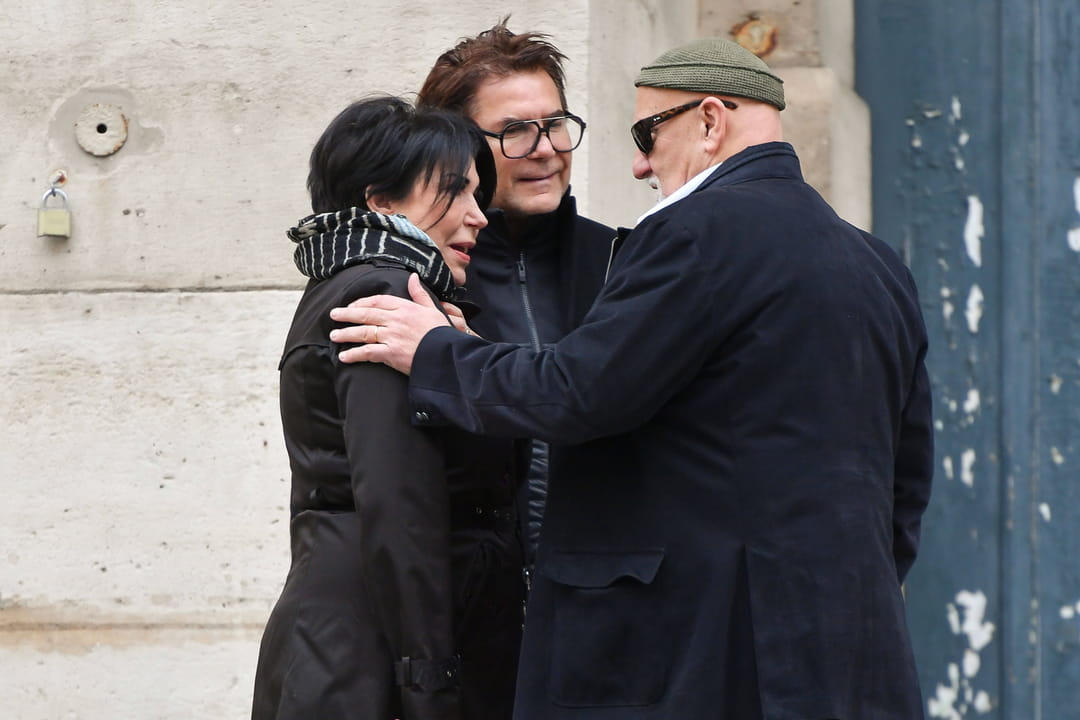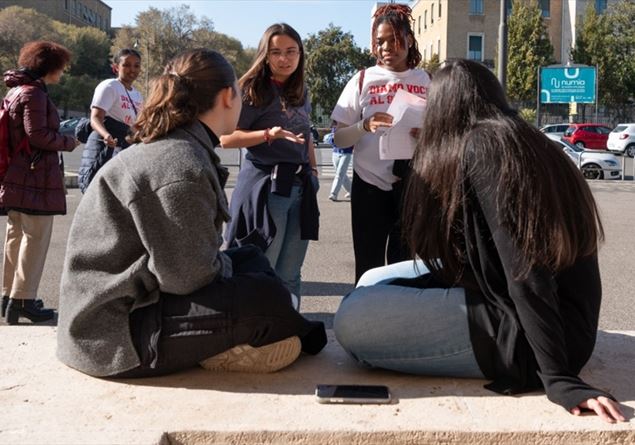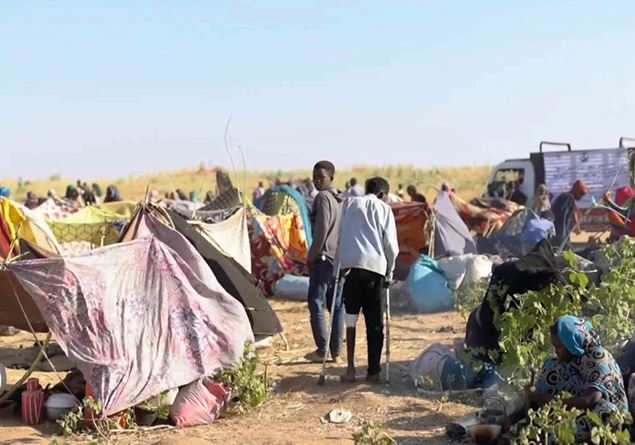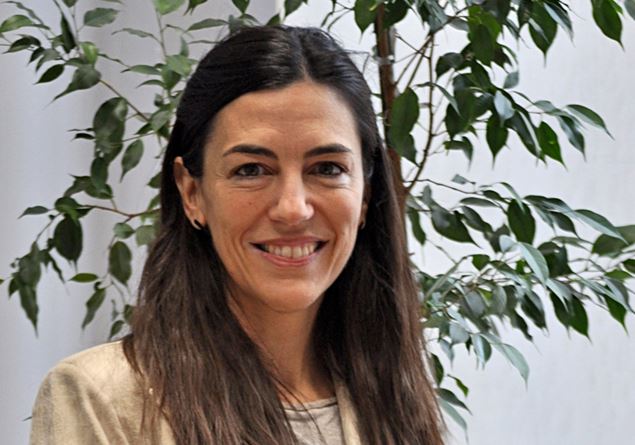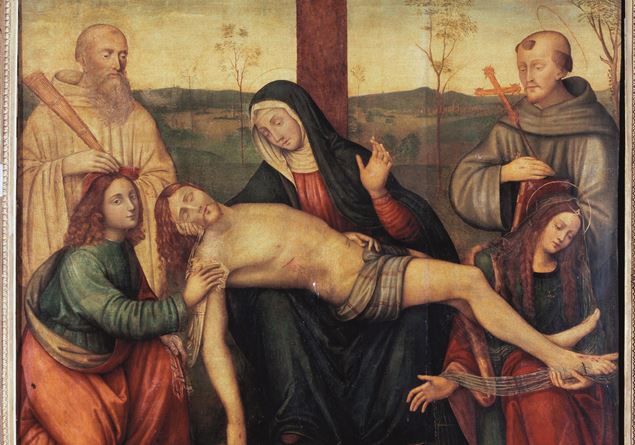According to a study conducted by the University of Milan Bicocca and the University of Bologna, there are approximately 88,500 women over the age of 15 in Italy, the vast majority born abroad, who have suffered female genital mutilation during their lives. An increase of 1% compared to the estimates published in 2019, again from a study conducted by Bicocca University. The new estimates were presented on October 23, in the Council Room of the Metropolitan City of Milan, at Palazzo Isimbardi, in an event promoted by the two universities, in collaboration with Amref Health Africa.
FGM is a human rights violation that affects at least 230 million women worldwide. The highest prevalence is recorded among women over 50 and decreases with decreasing age. The communities with the highest absolute numbers are Egyptian, Nigerian and Ethiopian. The highest incidence is recorded among Somali (97.8%), Sudanese (90.8%) and Guinean (91.5%) women, according to the survey. There are 16,000 girls under the age of 15 potentially at risk of FGM in Italy.
Some girls from the area participated in the event Y-Act project – first co-financed by the European Union and now supported by MSD – which aims to prevent and combat FGM in Italy, through involvement of young people. Of the 30 young people from the network were present Rowida Ibrahim Khalaf Alla Ghaleb Abdelaziz, Shahd Newir, Sara El Nagar, Jasmina El Shouraky, Esraa Newir.
Own Esraa Newir stated: «It is important to strongly reiterate that FGM is not a problem that only concerns distant countries. Those who suffered them live here, even in our communities, in our neighborhoods. Many of those we met through the Y-Act project had never told us about their experience, not even to your family. When they did it it was very strong. Our role was not to judge those who had undergone FGM, to label, but to open doors. Listen and welcome. Because only when a woman finds the freedom to tell her story with her own voice, her story stops being pain and becomes power.”
(In the photo: young people from the Y-Act project)




